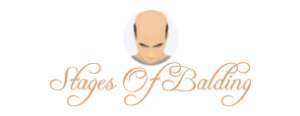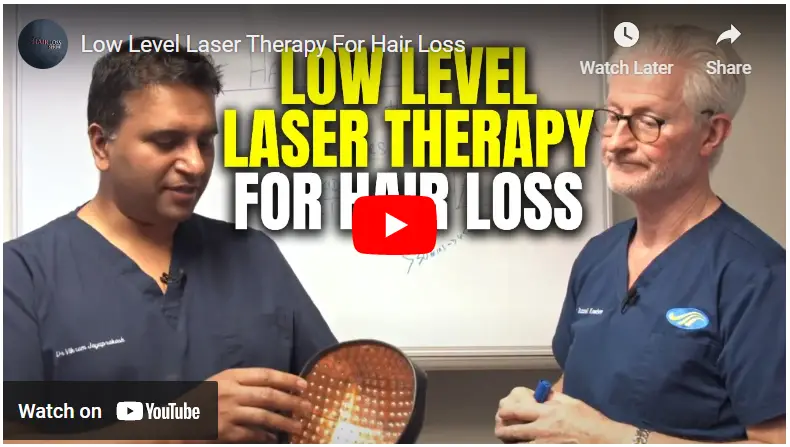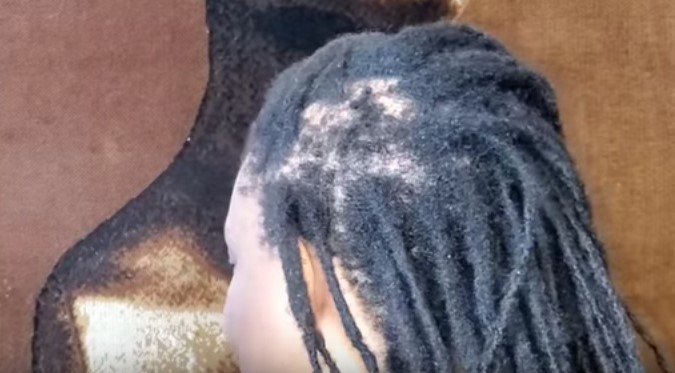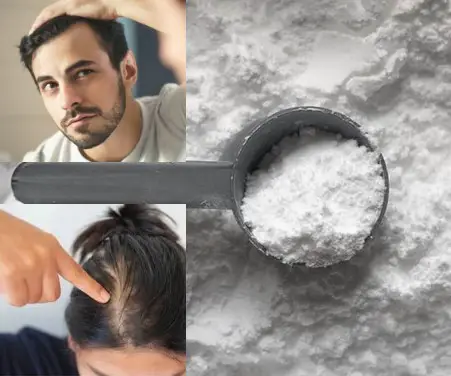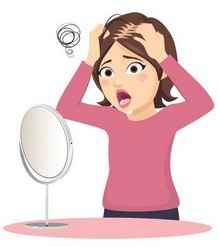Can dimethicone cause hair loss? When you came across the word dimethicone when you read the ingredients list on your shampoo bottle or conditioner, this might occurred to you is dimethicone bad for hair. However, This is a silicone-based polymer. It was created synthetically, making people question its safety when they first saw it.
Natural-based beauty or health product marketers often undervalue the importance of dimethicone in our lives. However, you may be surprised that it is found in many everyday personal care items, including shampoo, conditioner, facial cream, hair dye, baby oil, and moisturizer for skin and nail beds.
This year the FDA has been recording an average of 12,934 daily usage products containing dimethicone per day.
Why manufacturers love dimethicone?
Dimethicone is an emollient that has conditioning and anti-caking properties. It can also provide a nice smooth texture to creams or shampoos, which means your skin becomes soft when using cosmetics that contain this ingredient. Found in some DHT blocker hair shampoos, it makes hair feel even softer than usual because of the added volume.
Can dimethicone cause hair loss?
Dimethicone lead to hair loss when insoluble in water. And that is where all the problems begin.
Regularly using hair products containing dimethicone can lead to an accumulation of this synthetic ingredient on your scalp. Eventually, this causes the follicle cells to suffocate, leading to hair loss.
For those of you wondering if Dimethicone does cause hair loss, the answer is yes. However, this condition can only cause hair loss when someone continuously uses products containing Dimethicone over long periods without taking breaks.
Dimethicone isn’t harmful; in fact, it’s completely harmless. It’s also non-comedogenic – so there are no clogged pores here. But don’t worry! Dimethicone doesn’t leave behind a sticky residue and instead makes hair or skin feel soft and smooth. Besides all these benefits, dimethicone can also cause the skin to look firmer, supple, and younger.
So, all in all, this ingredient doesn’t do anything harmful directly to your hair or skin. The only harm that happens is when it accumulates on the surface of your scalp skin. And if there’s too much of it left on the surface of your hair follicles, there could be an adverse reaction over time. Also, it can’t really come off just by washing with water, so you’ll want to use a shampoo specifically designed to remove silicone residue instead.
Related Post:
Dimethicone hair loss truth
Experts say that dimethicone may not be the primary factor behind hair loss. However, the buildup of this ingredient may result in hair loss.
Dimethicone is a type of silicone, and the primary function of silicone is to keep water out. Its function is to close cuticles and keep moisture out to give hair an elegant, silky appearance.
But remember this:
- Too much use of dimethicone-containing hair products will prevent water absorption in cuticles. This can eventually dry out hair because it cannot absorb water to hydrate.
- As time passes, the buildup of silicone can cause hair to weigh down. This can cause normal styling problems and make your hair look sloppy. Appearance.
How do I take dimethicone out of hair?
Even though the component cannot be eliminated by irrigation with water, it’s still relatively easy to get rid of.
Make use of a clarifying shampoo. Yes, we all know it is a little hard on your hair due to the sulfate content. However, applying it only once is better to eliminate the dimethicone residue stuck to your hair.
If you are using it regularly, buy a quality shampoo that is sulfate-free and keratin-infused, which is made up of more natural-based ingredients than synthetic ones. You can consider the Wigs as well. Hairpieces from Bono Hair.
If you aren’t a fan of it when you think about using a harsh shampoo for clarification, you can try one of the following:
Take 3 cups of baking soda. Apply it to wet hair strands. Allow it to dry for a few minutes. Rinse thoroughly. Shampoo hair using a dimethicone-free conditioner, if necessary. Every two weeks, do this to remove all buildup.
Mix 2 cups of vinegar into 2 cups of water that is cool. Include a few drops of freshly squeezed lemon juice. Make use of this for a wash immediately after shampooing. Do not wash it off with water. Let your hair dry. Vinegar will disperse while your locks will appear gorgeous and fresh. There is no need for conditioning. Repeat this process every 15 days.
Pay attention to the most common forms of dimethicone that you will see on the label of your product:
- Dimethicone copolyol
- Simethicone
- Dimethiconol
- Phenyl dimethicone
- Vinyl dimethicone
- Acrylates
- PEG/PPG-18
- Lauryl PEG-9 polydimethylsiloxyethyl dimethicone
- Vinyltrimethylsiloxysilicate crosspolymer
If you can’t pronounce the last two at once, How can your hair suffer the synthetic chemical!
- AI Powered Bald Filter Online 2024: See Yourself with No Hair! - January 19, 2024
- Harklinikken Bad Reviews 2024: Analyzing Negative Feedbacks - January 18, 2024
- How to Get the Alex Eubank Hair | Step-By-Step Tutorial 2024 - January 18, 2024
